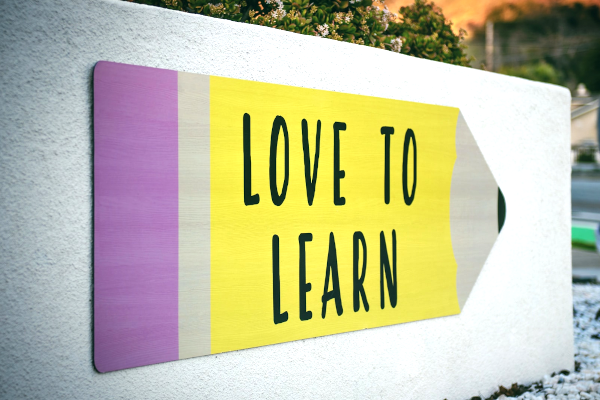A holistic approach to education: empowering learning communities

Learning does not merely occur in packaged pockets of time. Nor does it take place exclusively in predetermined spaces. In fact, the rich diversity of learning environments – whether within the formal education system or beyond, in the local community, workplace, civil society or nature – is more valuable than ever for meeting the needs of learners.
What is the role of education systems in a world that is characterised by rapid change?
For one thing, their provision and delivery warrants a fundamental shift in orientation – which is why the term “life-wide learning” has gathered momentum. Here, learning is a matter of principle, underpinned by the notion that any person, irrespective of age or stage in life, possesses the capacity to learn and should be offered the social support to engage in learning environments.
Local learning communities have shown their potential to act as vibrant hubs of everyday activities and interactions.
What makes them so well placed to meet the challenges of the 21st century?
Learning communities are not traditionally driven by the rush to see one’s learning recognised or validated by formal institutions; the feeling of learning as an obligation is lessened. Learners are free to become active agents of their own learning process in a non-threatening, loosely hierarchical environment: they are motivated to invest their time in education by their own free will, without imposition of societal norms. Learning is not pigeonholed as a mere transmission of knowledge; it is rather a multifaceted process leading to personal growth.
Empowering learning communities through a lifelong learning approach while embedding them into the territory is an effective tool for preventing marginalised groups from disconnecting. Evidence suggests that schools are more likely to achieve inclusion goals when they cooperate with local stakeholders, including civil society, as well as when students and the most hard-to-reach voices are afforded agency around their own learning experiences.
Local communities often make wide use of non-formal methods and pedagogies, which have been singled out as the most effective tool for inclusion and integration. This is true across all age groups: for newcomers such as refugees and asylum seekers, for learners with a migrant background, special learning conditions or disabilities, and for those who come from a disadvantaged socioeconomic background.
What is the place for formal schooling within learning communities?
Formal education institutions such as schools and universities tend to be closed off from the communities in which they are located, serving only their enrolled students and lying empty during evenings, weekends and holidays. Instead, we should connect learning environments with their communities and open them up to other users in the area. This could be envisioned through Community Service Learning initiatives or by establishing “Community Lifelong Learning Centres” that can also cater to the needs of the general public interested in personal and professional development.
The greatest result we can achieve for quality and inclusive education is to combine community-based lifelong learning centres with community-based multidisciplinary teams in “one-stop shops”. Such an approach combines the welcoming and non-threatening approach of community lifelong learning centres with the capacity of teams built around those with highly complex needs. In this way, someone attending the lifelong learning sessions may receive additional support if needed, such as emotional, social and multicultural counselling, family support, and volunteering opportunities.
Arja Krauchenberg was trained as a linguist for Romance languages and works as a tourist guide while still pursuing teacher training studies at Vienna University. In Austria she served as President of the Board of the European Parents’ Association (EPA) in 2018-19 and is currently engaged as project coordinator. She was elected President of the Lifelong Learning Platform (LLLP) in 2020.

